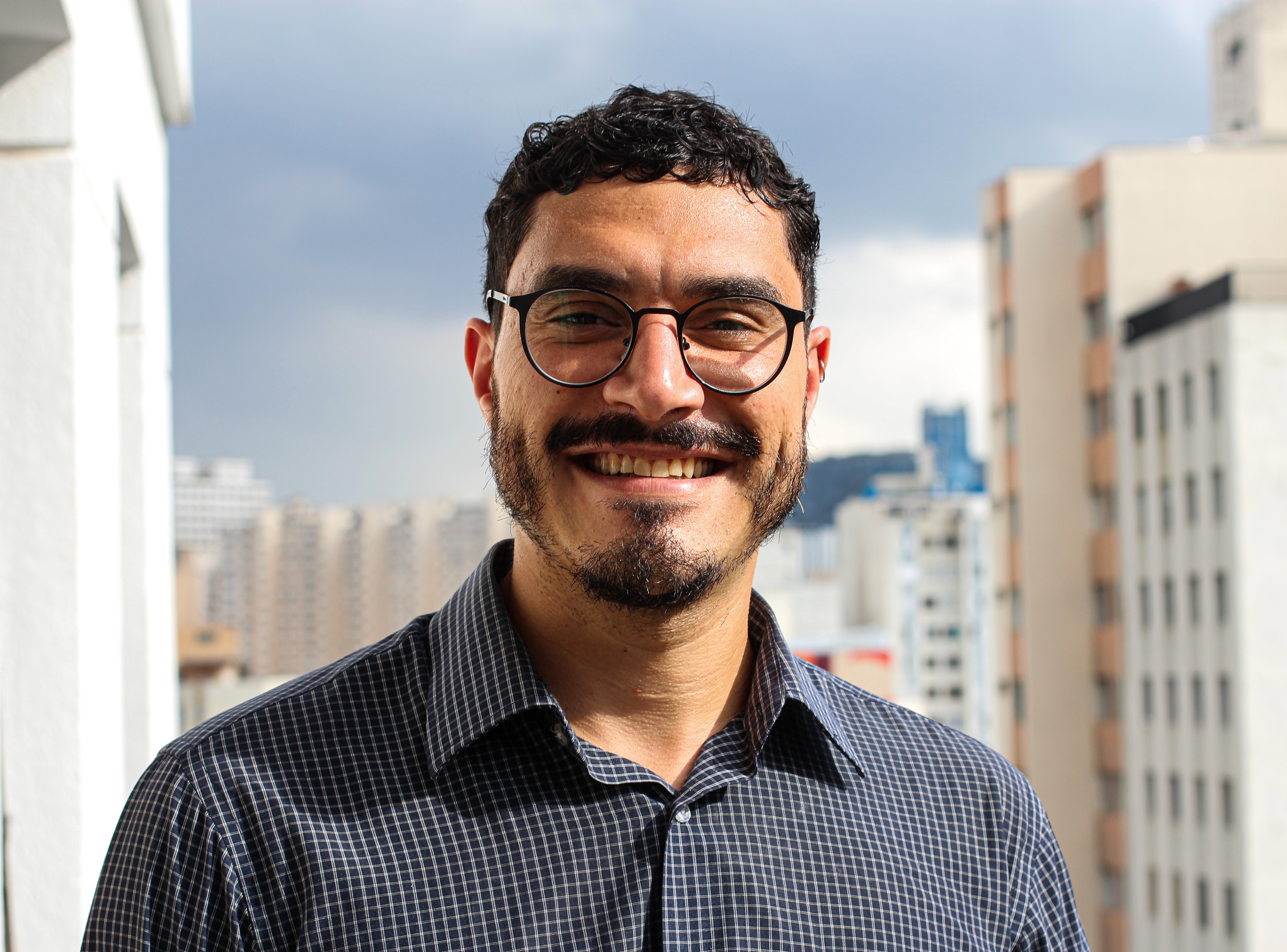People
Faculty
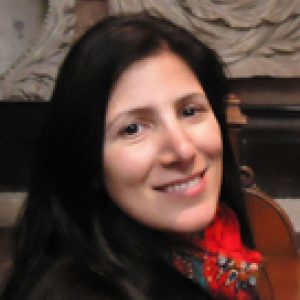
Danielle Sanches
Danielle Sanches is a professor at FGV ECMI and a PhD in History of Science at the École des Hautes Études en Sciences Sociales in cooperation with the Casa de Oswaldo Cruz/FioCruz. She currently works on Digital Methods, focusing on the influence of the algorithm culture on social practices.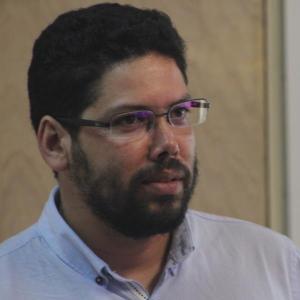
Denisson Silva
Denisson holds a PhD in Political Science (UFMG), a Master's degree in Sociology and is a Social Scientist (UFAL). He has experience in Political Science, working mainly on the following themes: political parties, party migration, electoral results, and campaign financing. Researcher at the Center for Legislative Studies (CEL/UFMG), the Citizenship and Public Policy Group (UFAL), and research fellow at EMCI-FGV.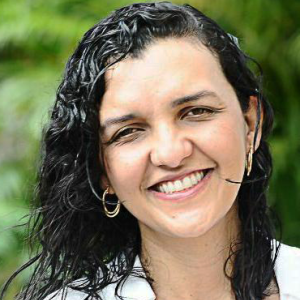
Maria Sirleidy Cordeiro
Maria Sirleidy Cordeiro is a PhD and Master in Linguistics at the Federal University of Pernambuco (UFPE). She completed part of her PhD program in Portugal at the Universidade Católica Portuguesa (UCP). She is a professor at FGV ECMI and a member of the research group on Communication, Society and Digital Media (FGV). She works in the areas of cognitive linguistics, critical discourse analysis and public policy analysis, investigating processes of meaning, ideologies and power relations imbricated in text and discourse.
Polyana Barbosa
Polyana Barboza is a professor working with data extraction and analysis on social networks at FGV ECMI. She has a major in Applied Mathematics at the School of Applied Mathematics of Fundação Getulio Vargas (FGV EMAp) and is a Master in Computer Science at the Pontifical Catholic University of Rio de Janeiro (PUC-Rio). Her main lines of research are Social Network Analysis in Digital Media and Multi-agent Systems in Software Engineering.Speakers
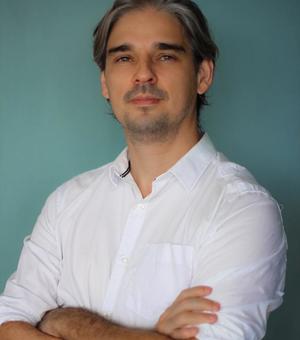
Dalson Figueiredo
Dalson Figueiredo is a Professor in the Department of Political Science at the Federal University of Pernambuco (UFPE) and a Catalyst at the Berkeley Initiative for Transparency in the Social Sciences (BITSS). He was a visiting researcher at the University of Oxford, United Kingdom (2022), and is currently the coordinator of the Graduate Program in Political Science at UFPE.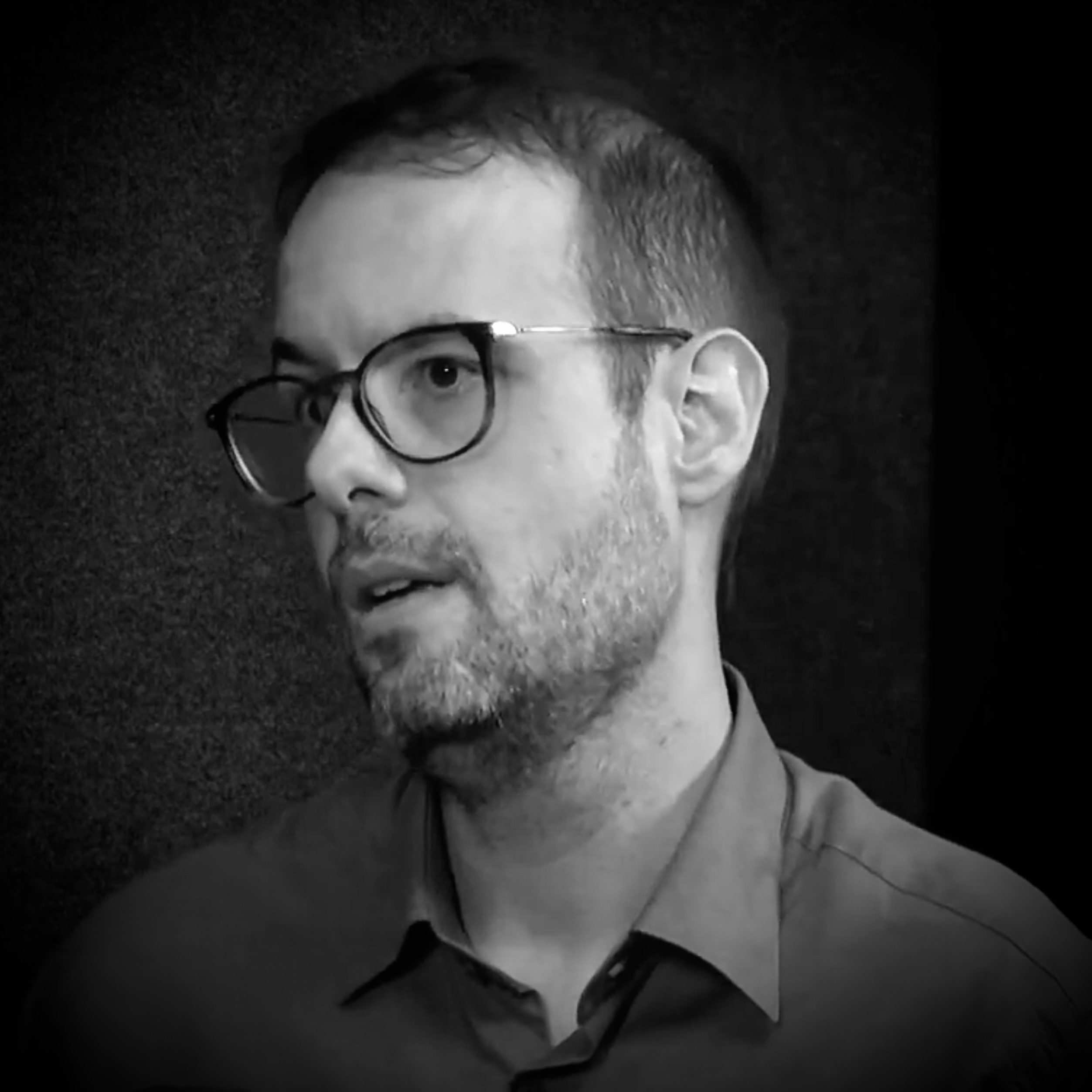
Elias Bitencourt
Elias Bitencourt is an Associate Professor in the Department of Design at Universidade do Estado da Bahia (UNEB). He holds a Ph.D. in Communication from FACOM/UFBA and a Master's in Culture and Society from IHAC/UFBA. He was a visiting researcher at the Milieux Center (Concordia University, Canada, 2019) and currently leads the Datalab/Design at UNEB: a center for research and development in data visualization and digital methodologies. His research focuses on data visualization, algorithmic mediation in daily social life, platform studies, digital practices, and imagination. He also collaborates with the Inova Media Lab (Universidade Nova de Lisboa) and the international Public Data Lab research network.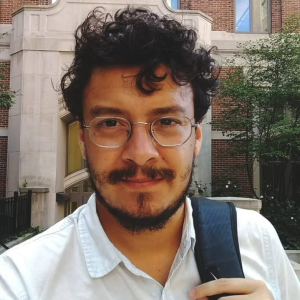
Eurico Mattos
Eurico Matos is a PhD and Master in Contemporary Communication and Culture at the Bahia Federal University. He coordinates the Digital Communication undergraduate course at FGV ECMI and is a researcher at the National Institute of Science and Technology in Digital Democracy (INCT.DD). He carries out research on topics such as digital government, political communication, online hate speech and mobile app studies.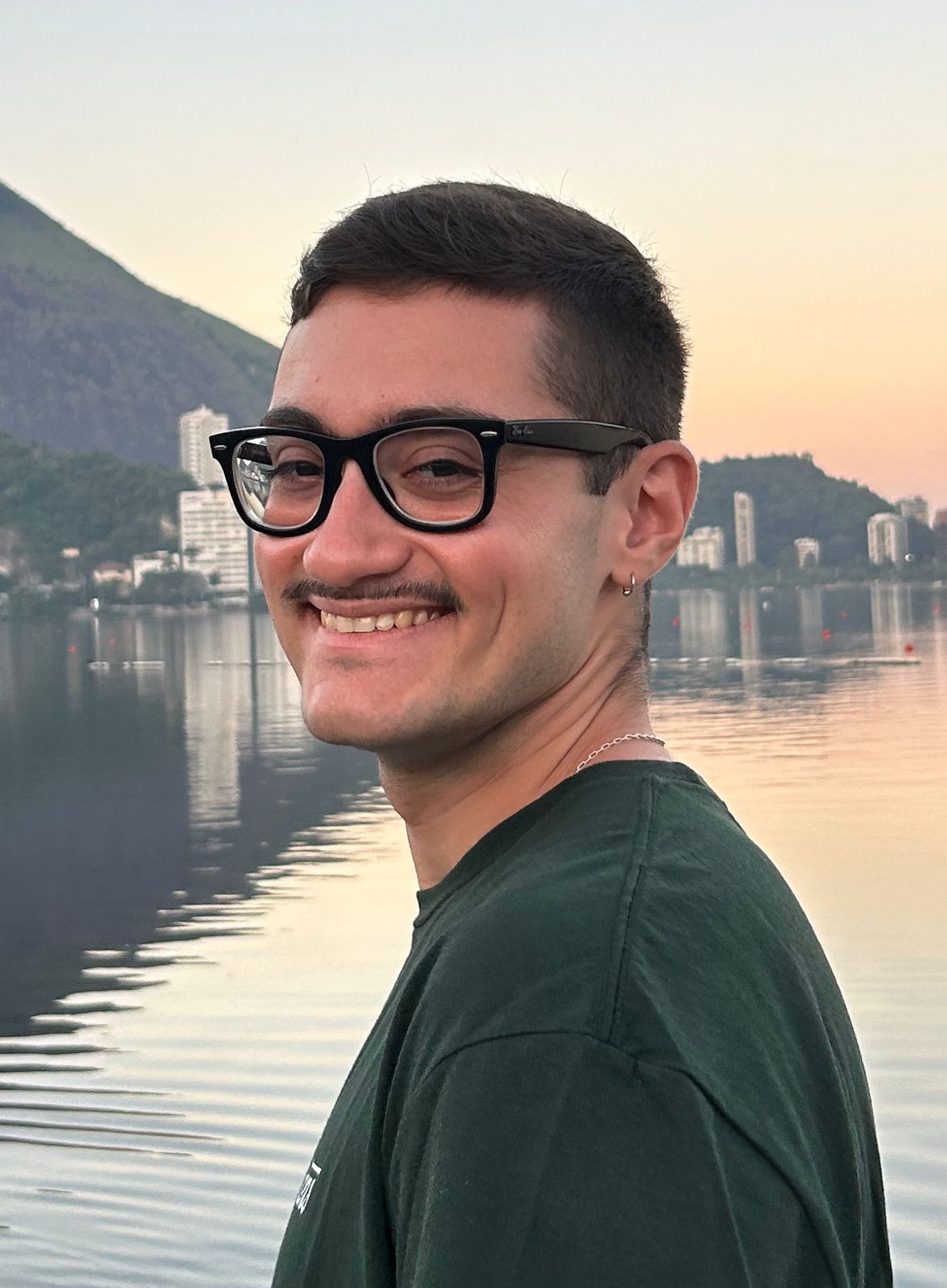
Felipe Marques Esteves Lamarca
Felipe Lamarca is a social scientist graduated from the School of Social Sciences (FGV CPDOC) and a data scientist graduated from the School of Applied Mathematics (FGV EMAp). He is currently a data scientist at AtlasIntel and a master’s student in Political Science at the Institute of Social and Political Studies (IESP-UERJ), where he is also a researcher at the Laboratory for Monitoring and Evaluation of Policies and Elections.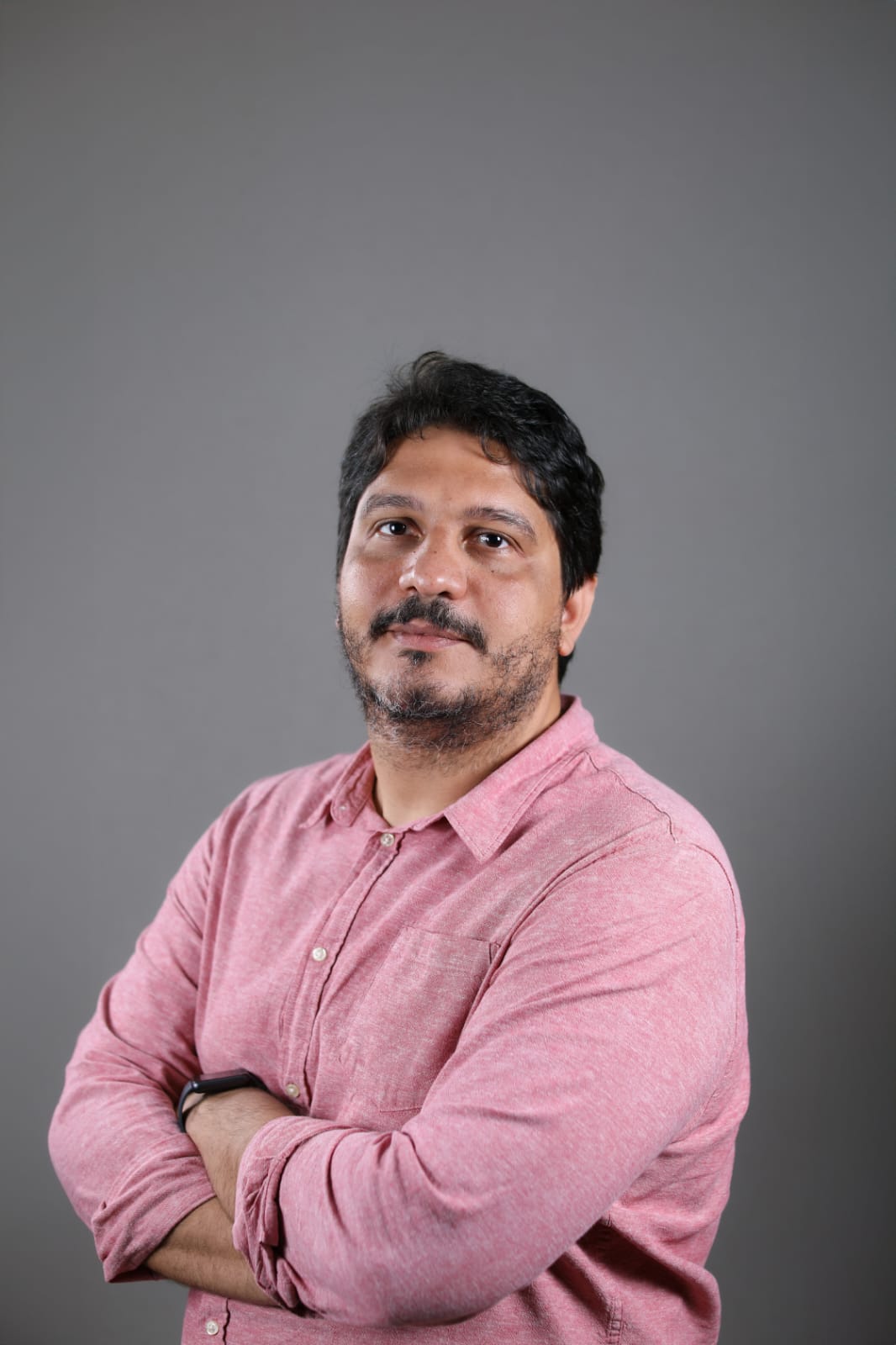
Hugo Medeiros
Hugo Medeiros holds a Licentiate Degree in History (UFPE), a Bachelor's Degree in Information Systems (UNESA), an MBA in Data Science (DSA), and a PhD in Education (UFPE), with postdoctoral research in Political Science (UFPE). He is a Government Planning Manager at the State Secretariat of Planning (SEPLAG-PE), where he currently serves as General Manager of Data for Results. He is a Permanent Professor in the Professional Graduate Program in Public Policy (UFPE), advising Master's and PhD research on Education Policy, STI (Science, Technology, and Innovation) Policy, and the use of Technology and Innovation in Public Management. He also serves as an Adjunct Professor in the Graduate Program in Political Science (UFPE), and as a Senior Researcher at the UFC/FCPC/MEC Center for the Evaluation of the University for All Program (PROUNI).
Jess Reia
Jess Reia is an Assistant Professor of Data Science at the University of Virginia, a 2024 Visiting Scholar at Fudan University and a 2024-2025 Non-Resident Fellow at the Center for Democracy & Technology in Washington, D.C. Before joining UVA, they were appointed Mellon Postdoctoral Researcher at McGill University and BMO Fellow at the Centre for Interdisciplinary Research on Montreal in Canada. Reia held a two-year mandate as a member of MTL 24/24's first Night Council in Montreal, providing guidance on data collection and open data practices for the night-time economy ecosystem. From 2011 to 2019, Reia worked at the Center for Technology & Society at FGV Law School in Rio de Janeiro, Brazil, leading projects on access to knowledge, privacy and smart cities in Latin America and BRICS. They work primarily on data justice, urban governance, and technology policy transnationally.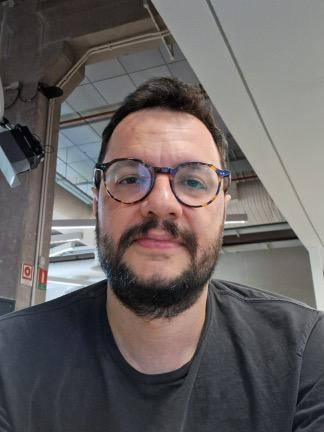
José Lopes
Coordinator of the g1 Home
Leonardo Nascimento
Leonardo F. Nascimento is a professor at the Federal University of Bahia. As the Digital Humanities Laboratory (LABHDUFBA) coordinator, he has contributed to research in digital sociology, digital humanities, and computational social science. He is the author of the book “Sociologia Digital: uma breve introdução - EDUFBA – 2020”. In his current research, he is collaborating with InternetLab, UFSC, and AI for Society on a project investigating the intersection of instant messengers and political violence and utilizing a combination of natural language processing (NLP) techniques and mixed qualitative approaches, including discourse analysis and online ethnography.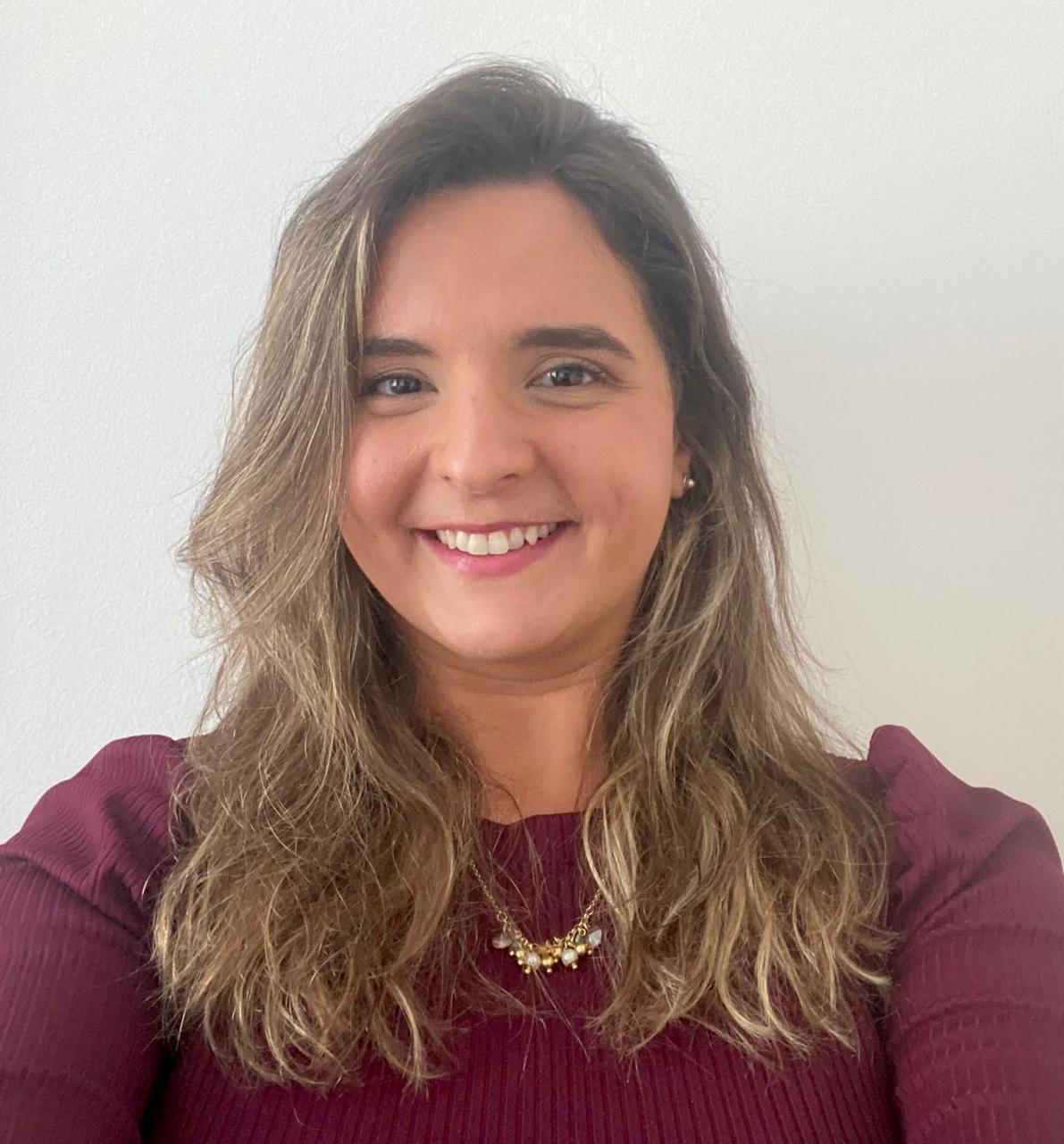
Letícia Vianna
Product Manager of g1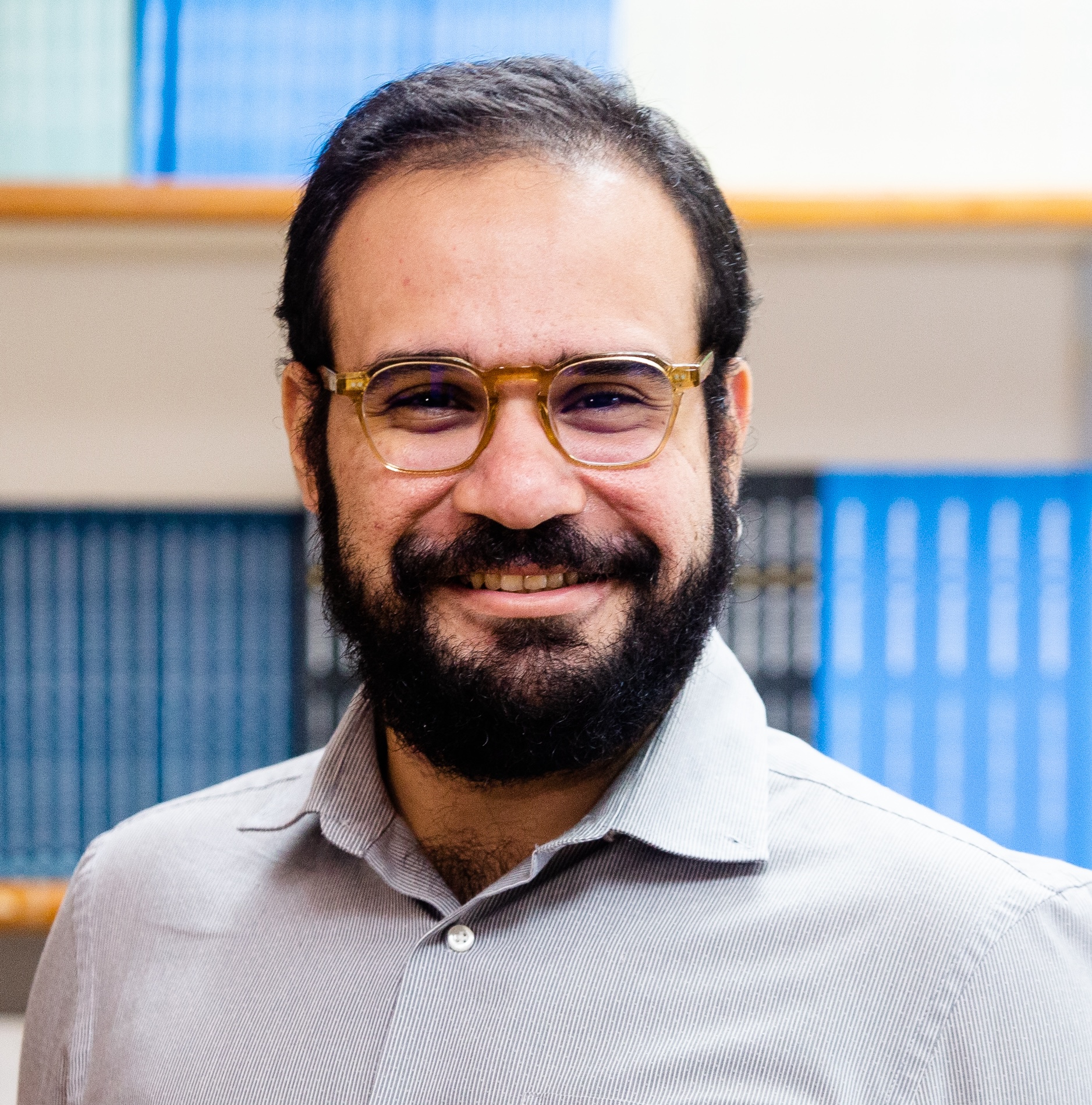
Mateus Pestana
Matheus Pestana is a professor at the School of Communication, Media, and Information at Fundação Getulio Vargas (FGV ECMI), a researcher at the Institute for Religious Studies (ISER), and a member of the New Illegalisms research group (GENI/UFF). He is a PhD Candidate in Political Science at the State University of Rio de Janeiro (UERJ), where he also earned his Master's degree in the same field. His current research focuses on the intersection of artificial intelligence (AI) and politics/public opinion. He has interests in computer vision, large language models (LLMs), speech recognition, and image detection/segmentation.
Murilo Junqueira
Murilo de Oliveira Junqueira is a Social Scientist and Data Scientist, and holds a Master’s and PhD in Political Science from the University of São Paulo (USP). He is a Consultant at the Institute for Applied Economic Research (IPEA) and a Professor of Political Science at the Federal University of Pará (UFPA). His work focuses on political institutions, public policy, and data analysis in the Brazilian context.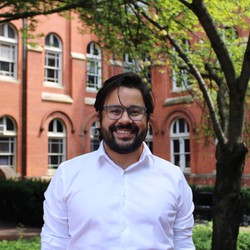
Tiago Ventura
Tiago Ventura is an Assistant Professor in Computational Social Science at Georgetown University’s McCourt School of Public Policy. His research focuses on political communication and online behavior, combining methods from computational social science and political science. Prior to joining Georgetown, he was a Postdoctoral Fellow at NYU’s Center for Social Media and Politics. He received his Ph.D. in Political Science from the University of Maryland, College Park, where he remains affiliated with the Interdisciplinary Laboratory for Computational Social Science (iLCSS). He also gained experience in the tech industry as a Misinformation Researcher at Twitter.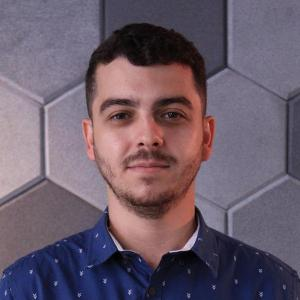
Victor Piaia
Victor Piaia holds a PhD in Sociology at the Institute of Social and Political Studies (IESP-UERJ). He is a professor at FGV Comunicação and a leader of the Study Group in Political Sociology and Digital Transformations. He studies the political effects of transformation in daily communication, focusing on social media platforms and messaging apps.Teaching Assistants
Participants
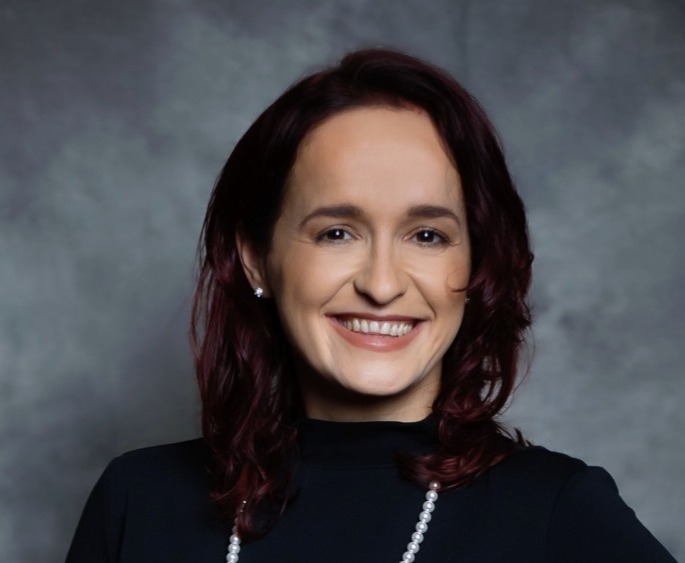
Agata Błoch
Agata Błoch é doutora em História pelo Instituto de História da Academia Polonesa de Ciências, onde atua como professora assistente. Desde 2023, é investigadora principal do projeto “Imperial commoners of Brazil and West Africa (1640–1822): global history from a correspondence network perspective” (National Science Center of Poland 2022/45/B/HS3/00473), além de codirigir, em parceria bilateral com o Conselho Nacional de Pesquisa da Itália, o estudo comparativo “Lessons from Crises and Disasters: The Role of Information Flows between Individuals, Communities, Institutions. Comparative case studies between Italy and Poland (16th–19th century)” (2025–2027), ao lado de Idamaria Fusco. Entre 2022 e 2023, integrou a equipe do DARIAH-PL — infraestrutura de pesquisa para as artes e humanidades. Em 2025, recebeu o Certificado de Mérito da Universidade Jean Piaget de Cabe Verde, pela melhor pesquisa em Ciências Tecnológicas e Sociais, distinguida no 4º Simpósio de Pesquisa Científica da instituição.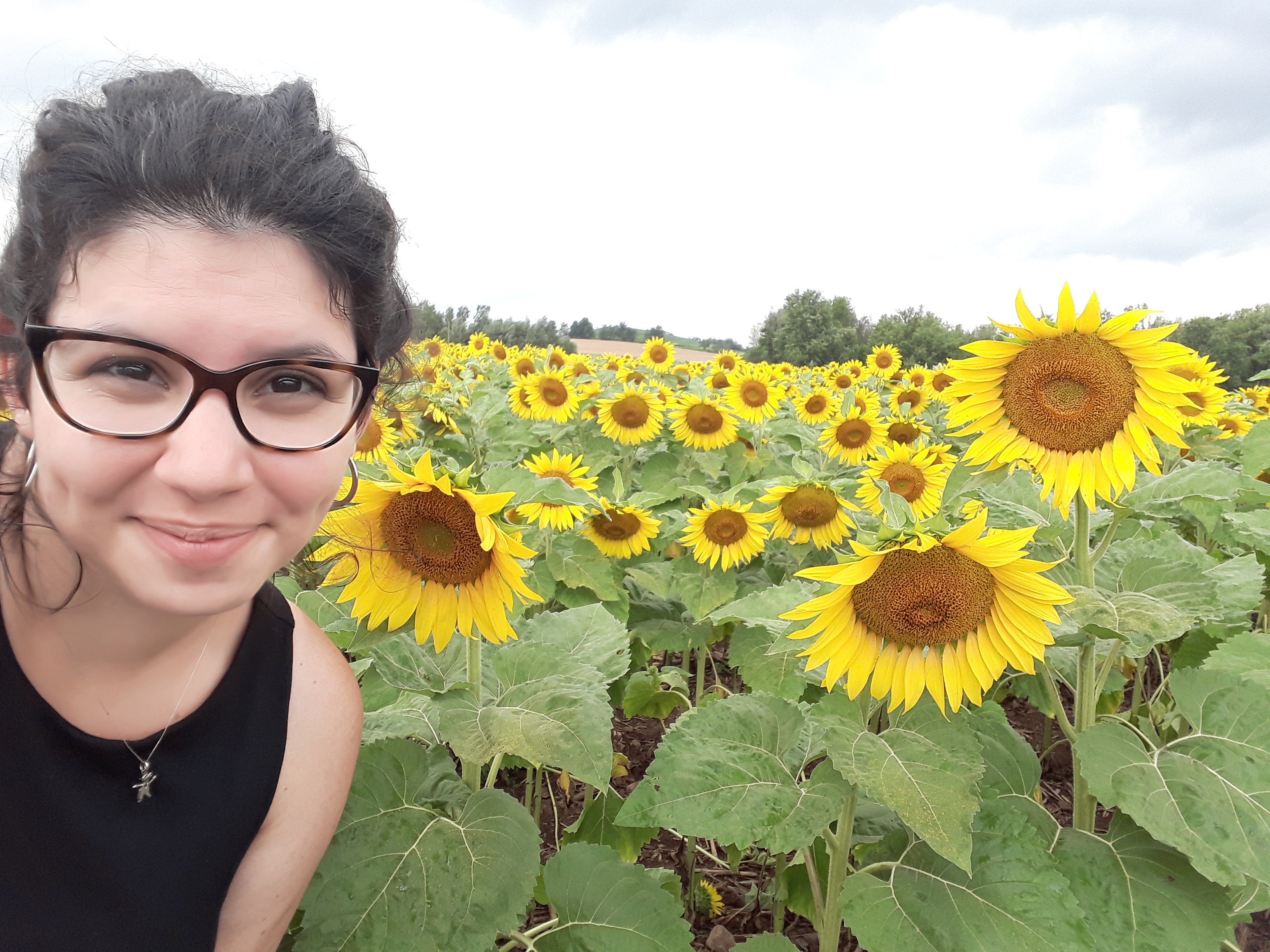
Ana Carolina Mendonça Oliveira
Ana Carolina is a tourism professor at Unirio/Cederj. She holds a degree in Tourism, with Master's and Doctorate degrees in Architecture and Urbanism from Federal Fluminense University. Her main lines of research include tourism, heritage, urban planning, and public policy.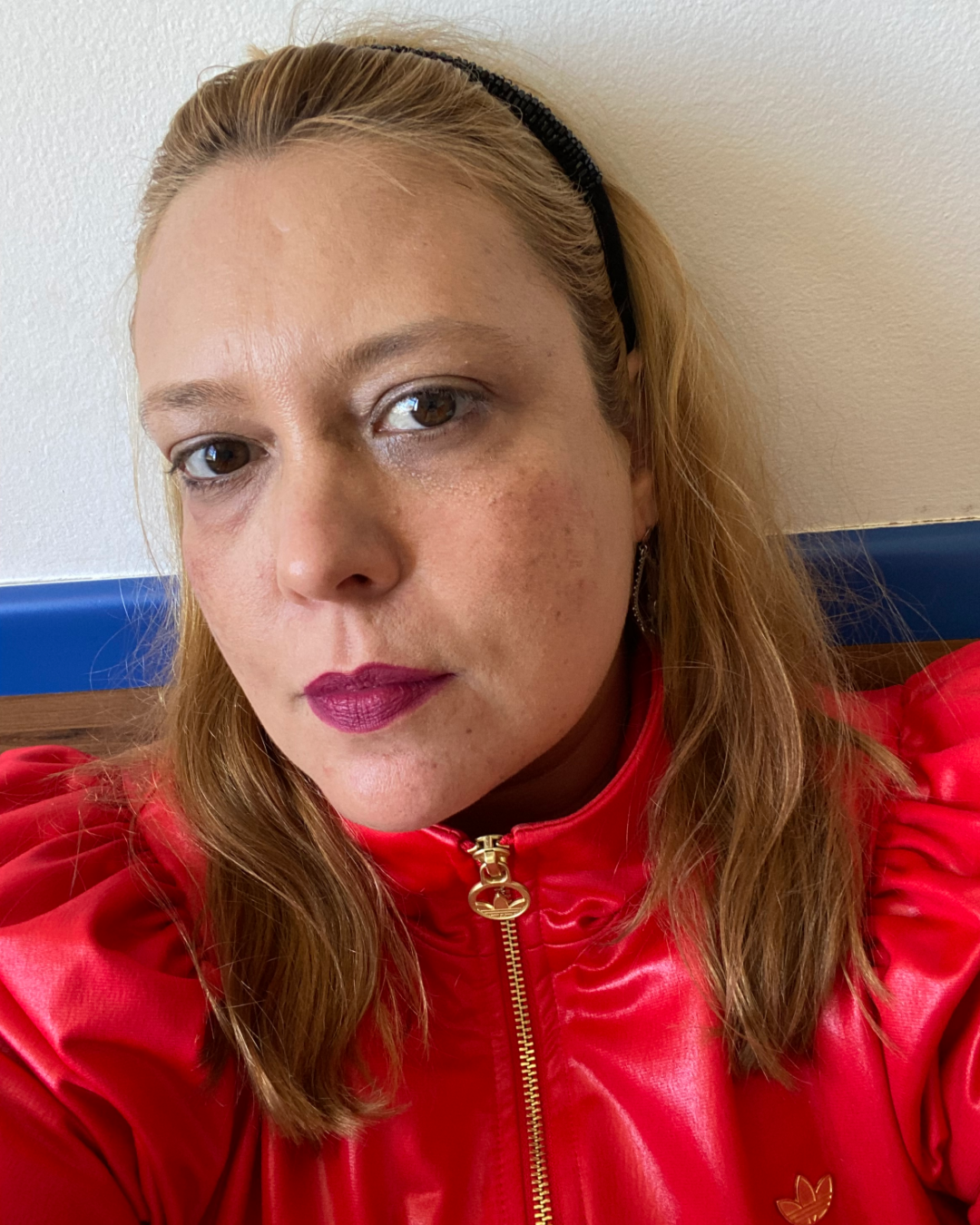
Ana Virgínia Menezes Torga
Researcher with attention focused on digital, the environment and sociability on social media. PhD student in Sociology in the Postgraduate Program in Social Sciences (PPGCS) at the University Federal of Bahia (UFBA). Editor of the Prelúdios Magazine, a scientific publication of the Postgraduate Program in Social Sciences at the UFBA. I am part of the PERIFÉRICAS research group - Center for Studies in Social Theories, Modernities and Colonialities - at Postgraduate Program in Social Sciences (PPGCS) da UFBA and I am a member of LABLIVRE - Laboratory of Free Technologies - of the University Federal of ABC (UFABC).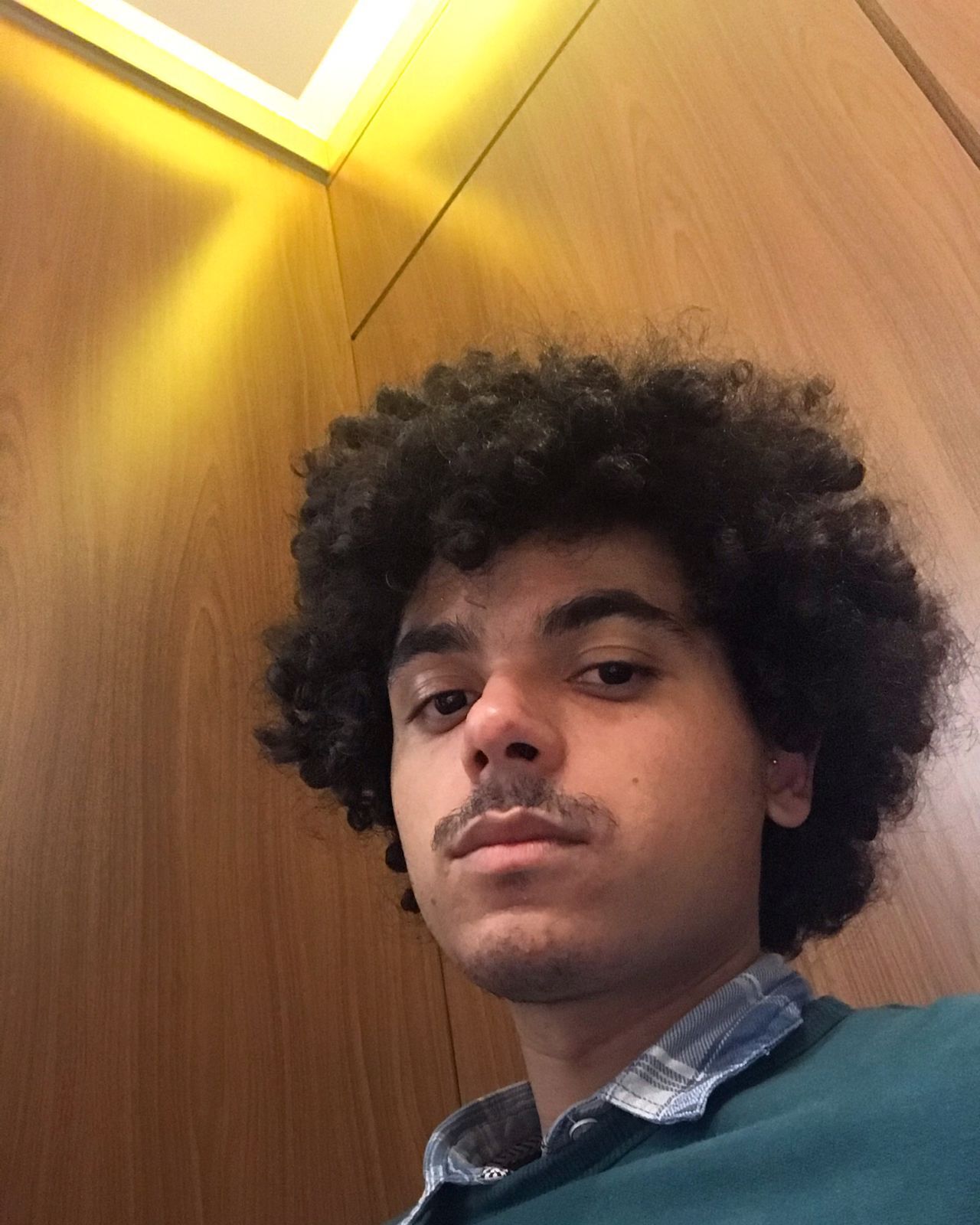
Artur Damião Cardoso
Empirically oriented Sociologist. Holds a Social Sciences degree and is pursuing a Master's in Sociology, both from the Faculty of Philosophy, Languages, and Human Sciences at the University of São Paulo (FFLCH/USP). Specializing in Computational Applied Statistics from UFMG (2026), he has experience in quantitative methods for social research, with an emphasis on violence studies, natural language processing (NLP), social data analysis, and geospatial data analysis.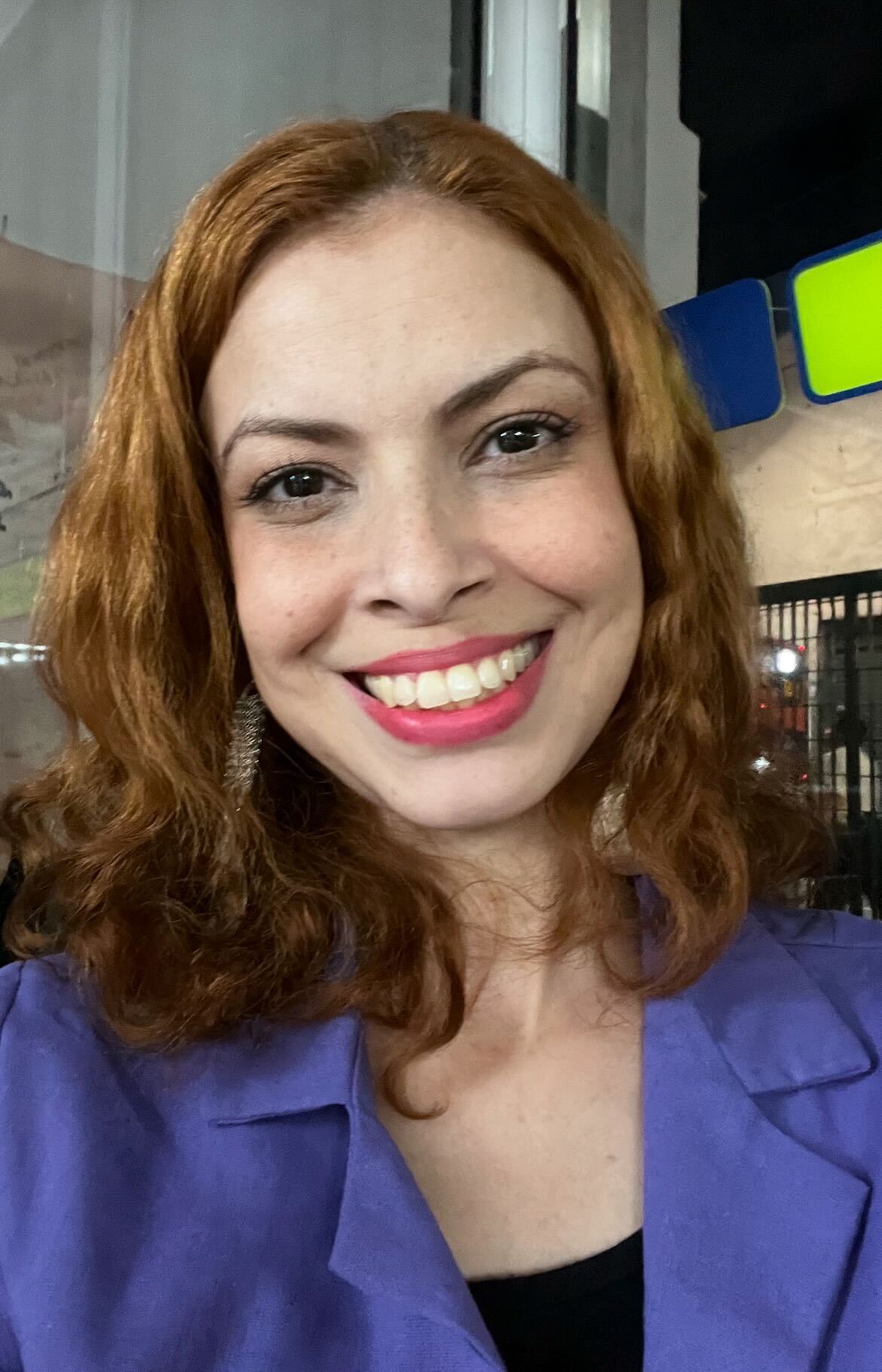
Cinthya Pires Oliveira
Ph.D. in Media (Universidade Federal Fluminense - UFF) with specializations in Marketing (FGV), Entrepreneurship and Innovation. Communication expert with a background in Advertising and Journalism. Researcher focused on media trends and content production, consumer behavior, audience studies and digital research methods.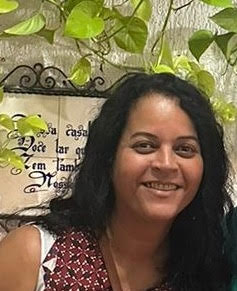
Cintia Augustinha dos Santos Freire
Ph.D. candidate and Master in Media and Everyday Life at the Graduate Program in Media and Everyday Life (PPGMC) at Fluminense Federal University (UFF). CAPES scholarship holder during her doctoral studies. Archivist. Holds a Lato Sensu postgraduate degree in Early Childhood Education and Development. Member of the EMERGE Research and Production Center in Communication and Emergency at UFF and collaborator with the EPCC Research Group – Political Economy of Communication and Culture at the Casa de Rui Barbosa Foundation. Her work focuses on the areas of political economy of communication, culture, and information; the right to communication, culture, and information; communication policies and strategies; media groups; information and communication technologies; and digital media.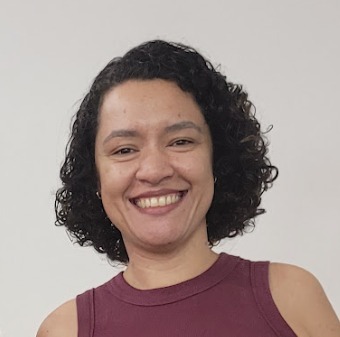
Cleiane Gonçalves Oliveira
Master's degree in computer science and bachelor's degree in Information Systems. PhD student in Health Sciences at Unimontes where he applies machine learning and data science to health data. Computer teacher at IFNMG - Januária Campus. Recent research is focused on applying machine learning to health data to better understand tropical diseases and help define public policies.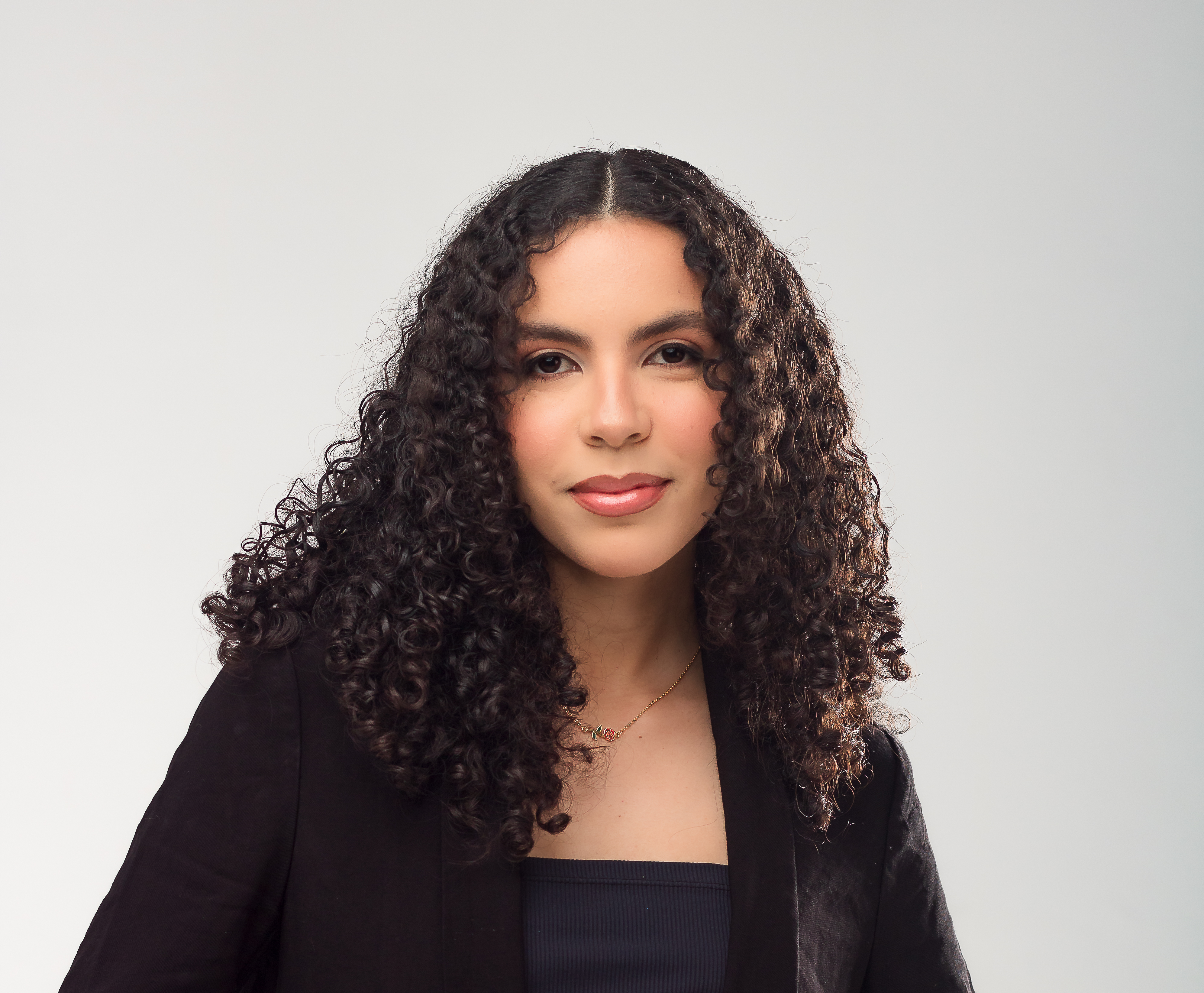
Daphane Leilane da Silva
Daphane Silva is a Master's student in Information Science and holds a Bachelor's degree in Journalism from the Federal University of Alagoas (Ufal). She is currently an Assistant Researcher at NetLab, the research laboratory of the School of Communication of the Federal University of Rio de Janeiro (UFRJ). Her research projects are related to socio-environmental misinformation on social media platforms, identifying the presence of denialist and conspiratorial strategies regarding environmental issues in the online ecosystem.
Emelyn Glorys Herasme Henríquez
Master’s student in Public Policy at the Federal University of Paraná (UFPR), with a specialization in Human Rights. She holds a Bachelor's degree in Public Administration and Public Policy from the Federal University for Latin American Integration (UNILA). She is a member of the research groups Perspectives on Development and Gender and Public Policy.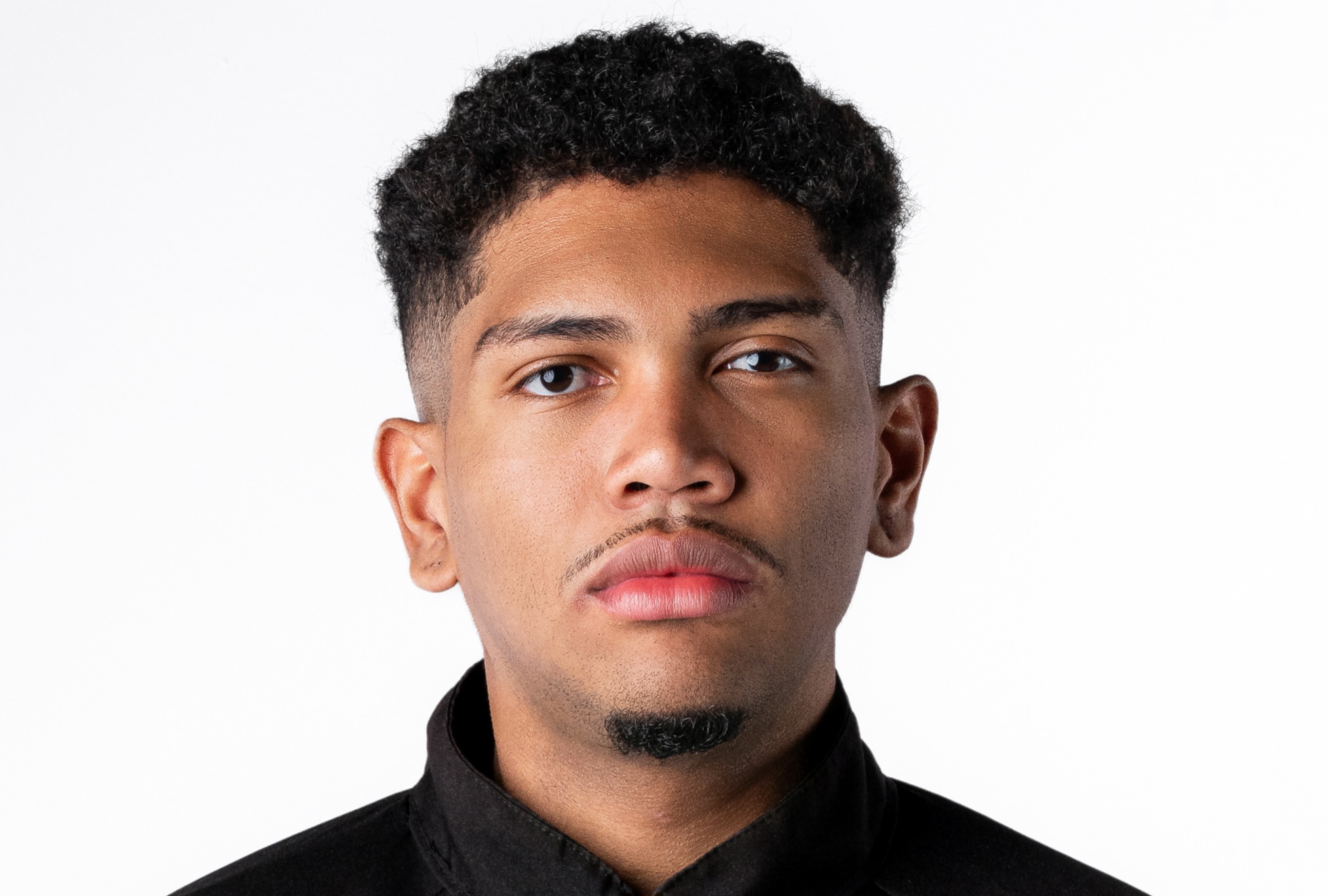
João Augusto Faustino da Silva
João Augusto Faustino da Silva is a journalist and a master's student in Communication at São Paulo State University (UNESP). He works in the fields of political communication, gender representation, and accessibility, with experience in research, outreach, and the production of inclusive content. He is currently conducting studies on digital media and communication practices focused on diversity.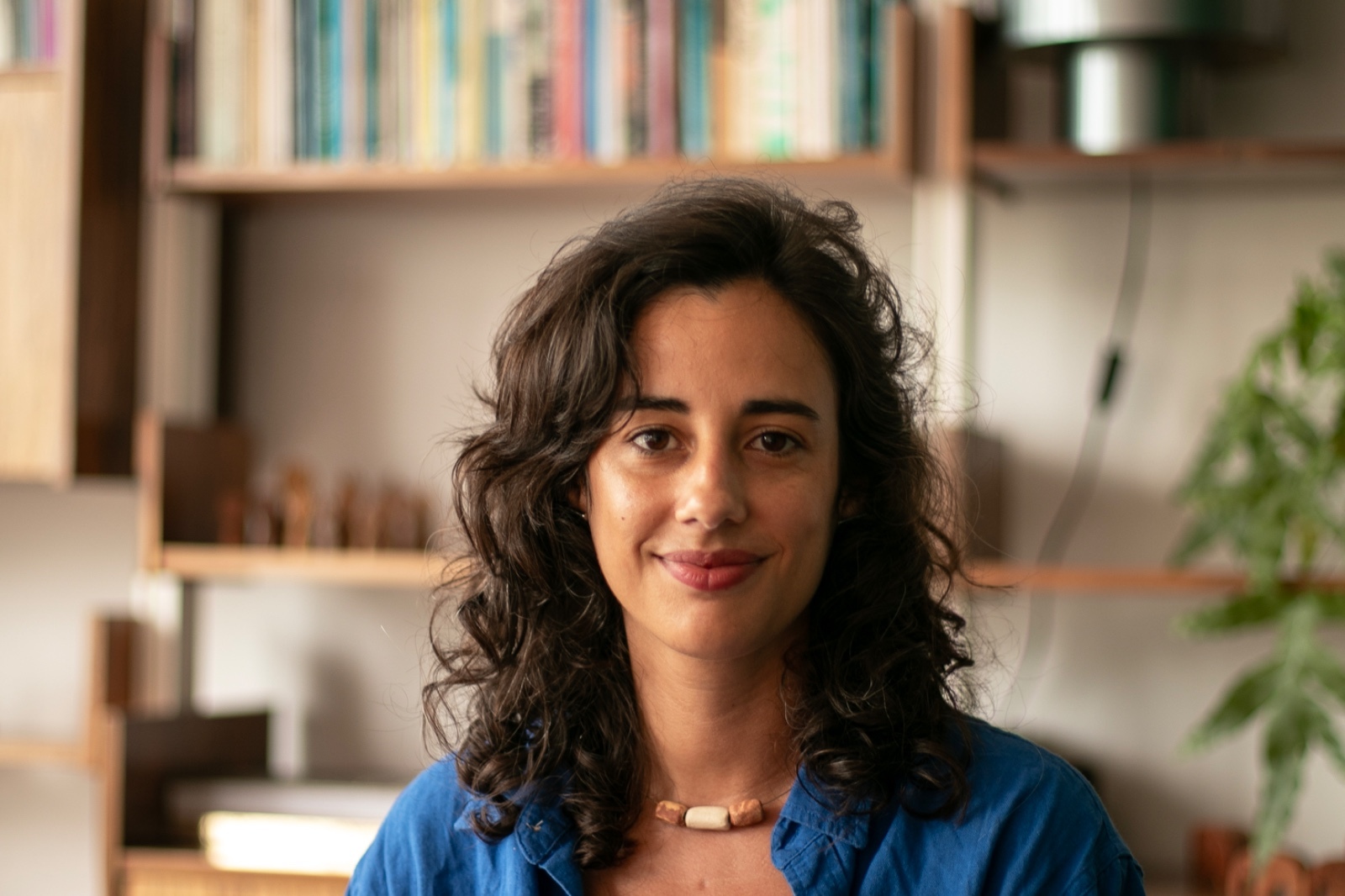
Julia Santos Rodrigues Dias
PhD candidate in Information Science at the Brazilian Institute of Information in Science and Technology (IBICT), in partnership with the Federal University of Rio de Janeiro, where she researches environmental disinformation and climate denialism. She is also a research assistant at the Internet and Social Media Studies Laboratory – Netlab.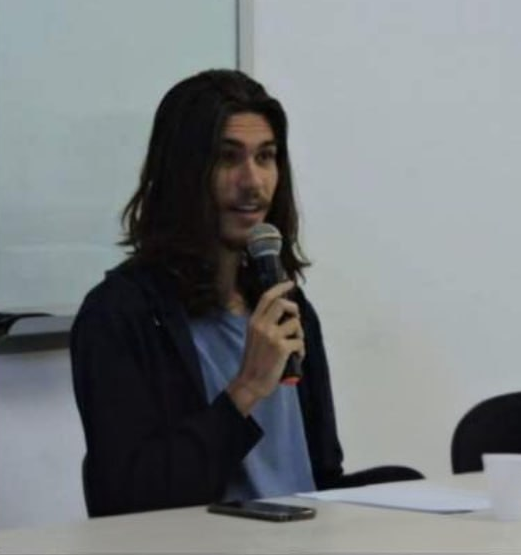
Leonardo Thibau Teixeira de Moraes
Master's student in Sociology at PPGCS/UFBA. CNPq research fellow at LABHDUFBA. Undergraduate student in Social Sciences and Bachelor's degree in Humanities from UFBA (2020). Former PIBIC fellow at the Laboratory of Science, Technology, and Society (LABCTS) and participant in the Seminar on Introduction to Psychoanalytic Theory (SIPSI) in 2019.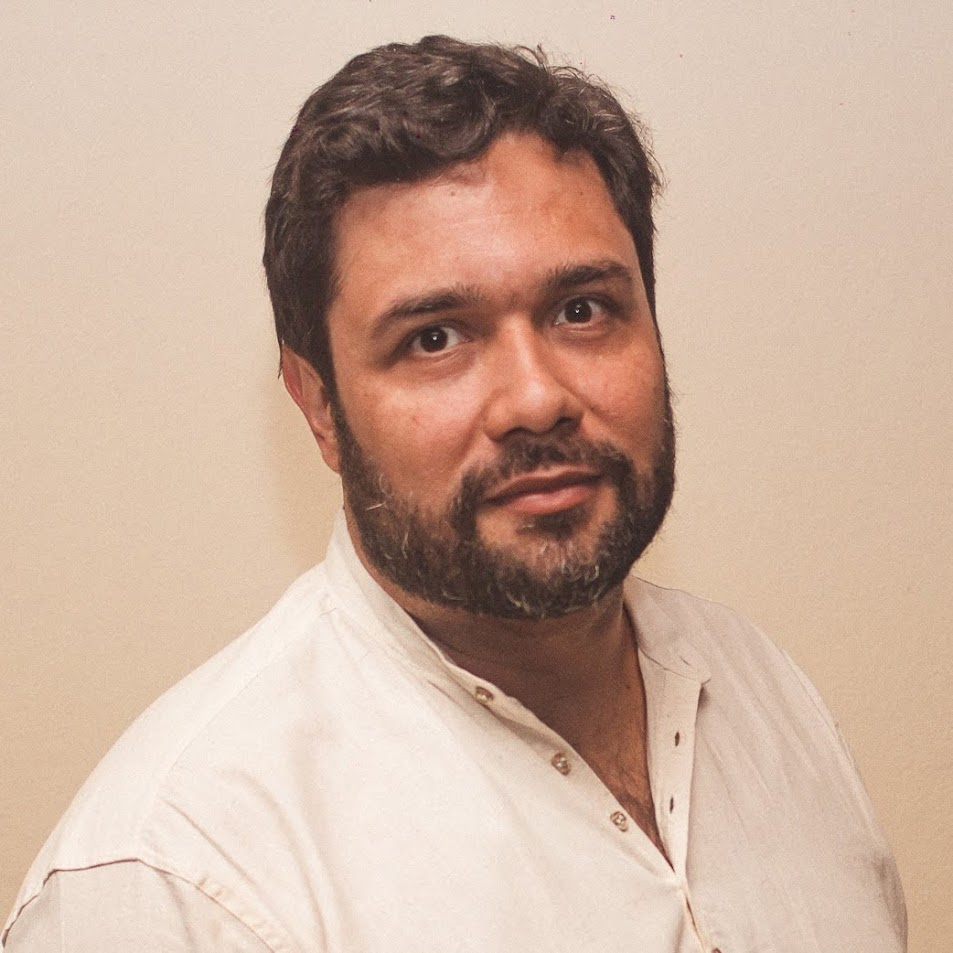
Marcelo Pereira
Marcelo Pereira is the executive secretary of the Office for Science Communication at UFMG. He holds a Master's degree and is a PhD candidate in Sociology (UFMG), with a Master 1 in Latin American Studies (Paris 3 – Sorbonne-Nouvelle). He is a member of the INCITE and INCT-CPCT research groups, working in Science and Technology Studies, with interests in public perceptions of science and science communication.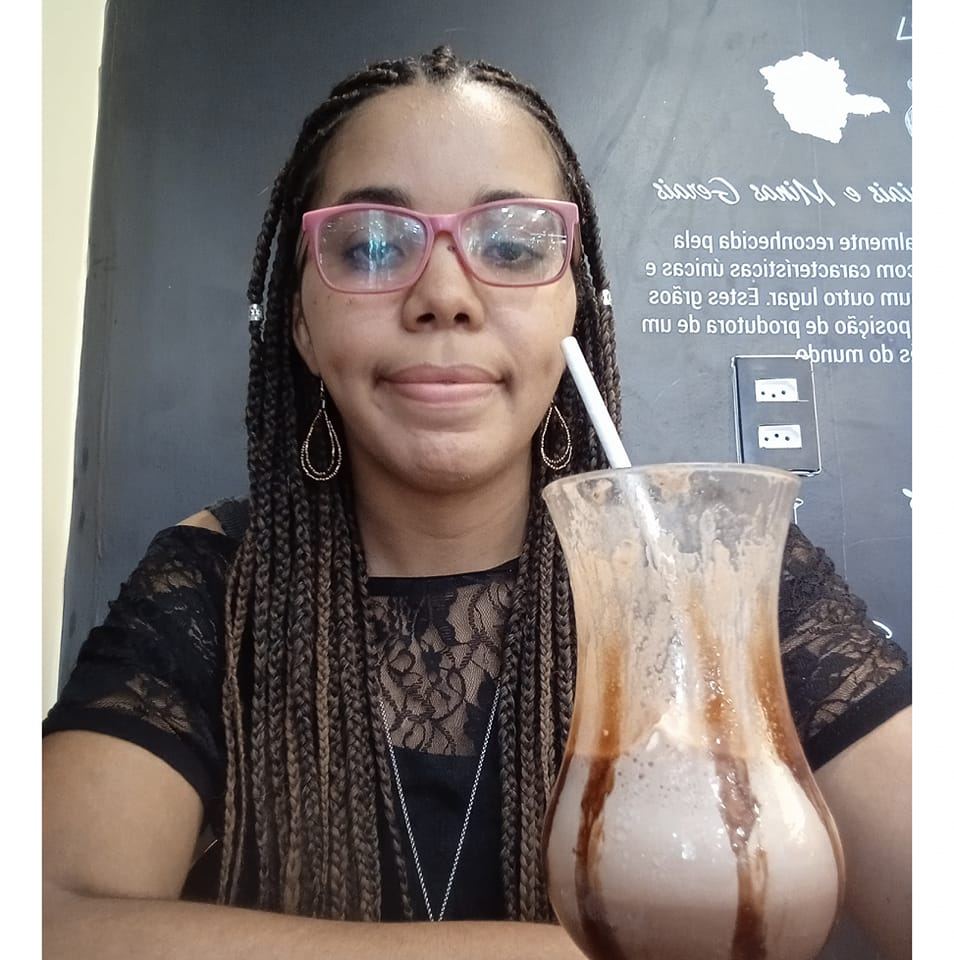
Maria Helena Mattos da Silva
Helena Mattos is a social scientist, PhD candidate in Anthropology, and researcher of the life and work of Cheikh Anta Diop. She works with document analysis and has research interests in Africa and the diaspora, digital humanities, and the political uses of the past, among other related topics. She is a member of the AI Working Group at Fluminense Federal University (UFF) and collaborates as a translator for Global Voices. She is currently studying French and Wolof.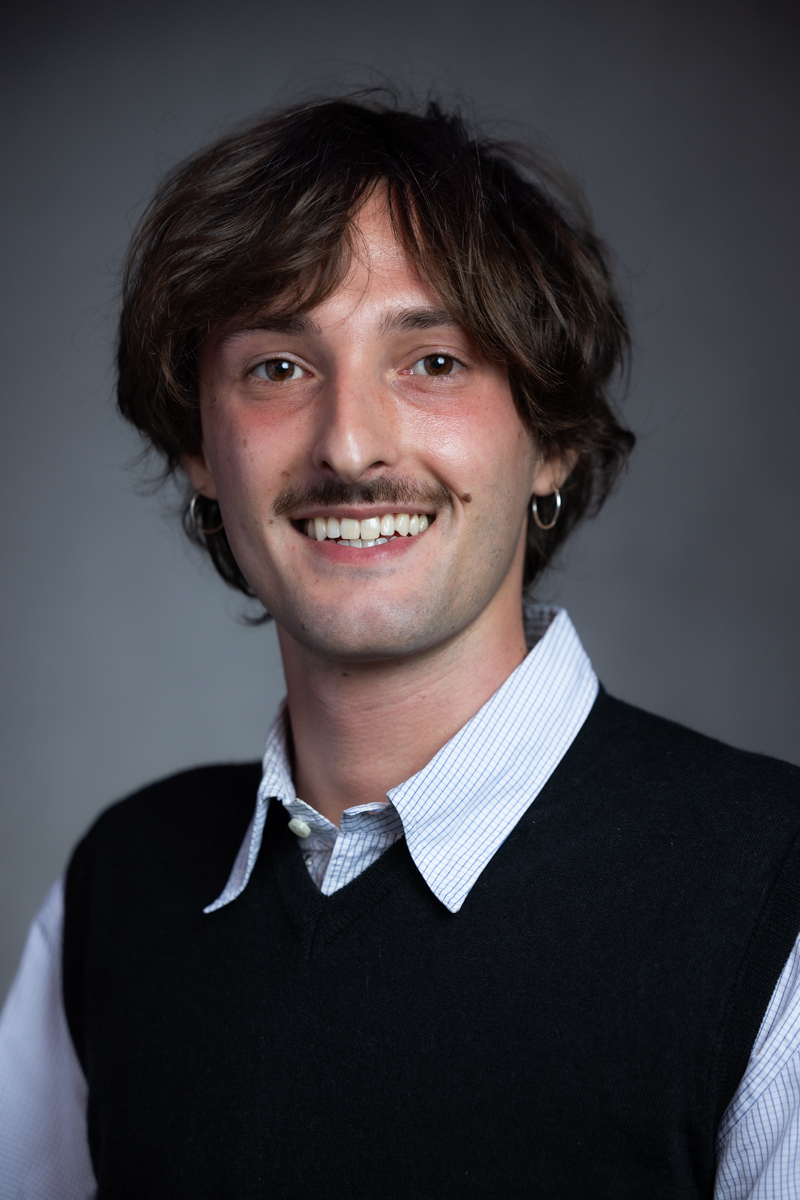
Murilo Motta
Murilo Motta is a doctoral researcher at the Institute of International Relations at the University of São Paulo. His research focuses on defense, security, and politics in Latin America.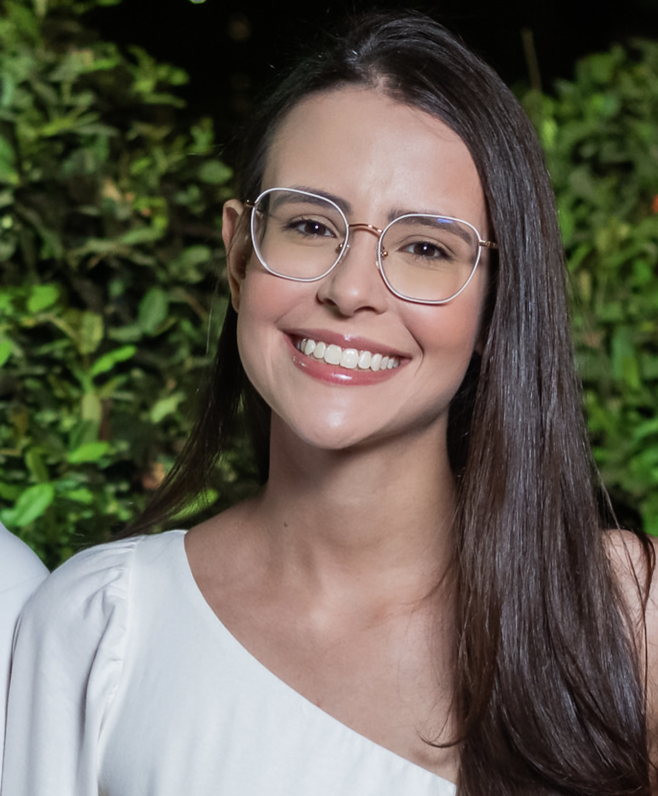
Natália Campos de Souza Pimenta
Natália Pimenta is an incoming Ph.D. student in Political Science at Northwestern University, beginning in Fall 2025, where she will specialize in Comparative Politics and International Relations. Her research focuses on Latin American politics, particularly the interaction between foreign policy and public opinion in contexts of democratic backsliding. She is also especially interested in research methods, including multi-method designs, causal inference, and applied statistics. Natália holds a Law degree from the Federal University of Minas Gerais (UFMG), where she developed a strong academic foundation in Constitutional and International Law. At Northwestern, she will also be a Mellon Cluster Fellow in the Latin American and Caribbean Studies Cluster, supporting her interdisciplinary engagement with the region.
Nina da Hora
Nina da Hora is a computer scientist and researcher in algorithmic justice and critical artificial intelligence, with a focus on Southern epistemologies. She holds a degree in Computer Science from PUC-Rio, a master’s degree in Computing from the Institute of Computing at UNICAMP, and is currently pursuing a second master's degree in the Science and Technology Policy program (DPCT) at the same university. She is the founder of the Instituto Da Hora, where she develops training and research projects on technology, ancestry, and digital ethics. She is a Ford Foundation fellow (2023–2025) and the author of the book MyNews Explica: Algoritmos (2023).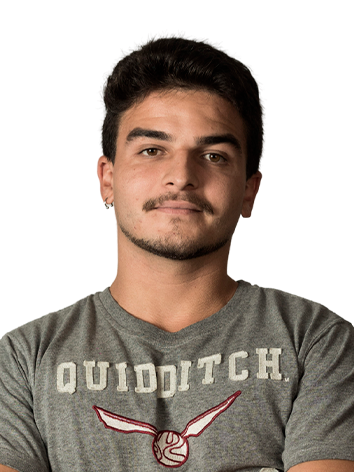
Rafael Garcia Peixoto
Rafael Peixoto is a master's student in Media and Everyday Life at the Fluminense Federal University (UFF) and a CNPq scholarship holder. He is also studying for a Master's in Business and Audiovisual Production at the Escola Superior de Propaganda e Marketing (ESPM-RJ), and holds a degree in Communication and Advertising from ESPM-RJ. His research focuses on the intersection of communication, technology, and culture.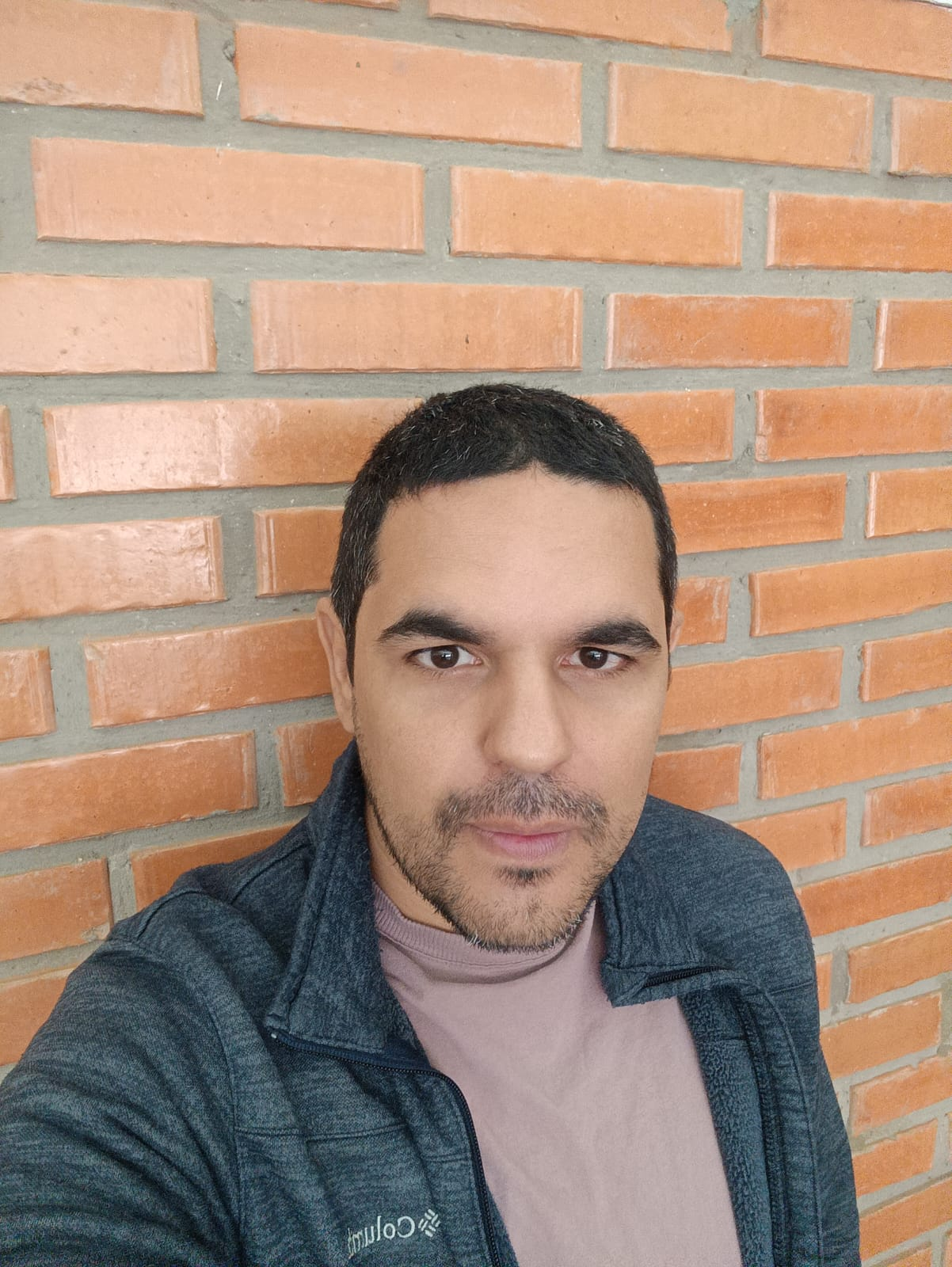
Raphael Santos Lapa
PhD in Sociology from the University of Brasília (UnB), with a focus on the Sociology of Work. Holds a Master’s degree in Human Rights and Citizenship (UnB), with research in Critical Theory of Human Rights and Ethics. Bachelor's and teaching degree in Philosophy (UnB), with research in Metaphysics, Philosophy of Science, and Philosophy of Religion. Currently researches the fields of Sociology of Work, Ethics, Neoliberalism, Entrepreneurship, and the Sociology of Morality.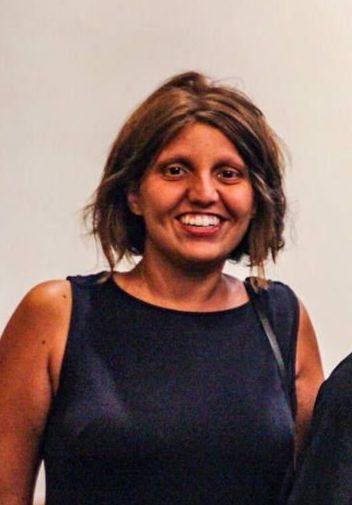
Renata Seade Bastos
Master's student in Communication at the Federal University of Rio de Janeiro (UFRJ), with a degree in Geography from the Fluminense Federal University (UFF). She works as an assistant researcher at the Laboratory of Internet and Social Network Studies (NetLab/UFRJ), focusing on studies related to gender and hate speech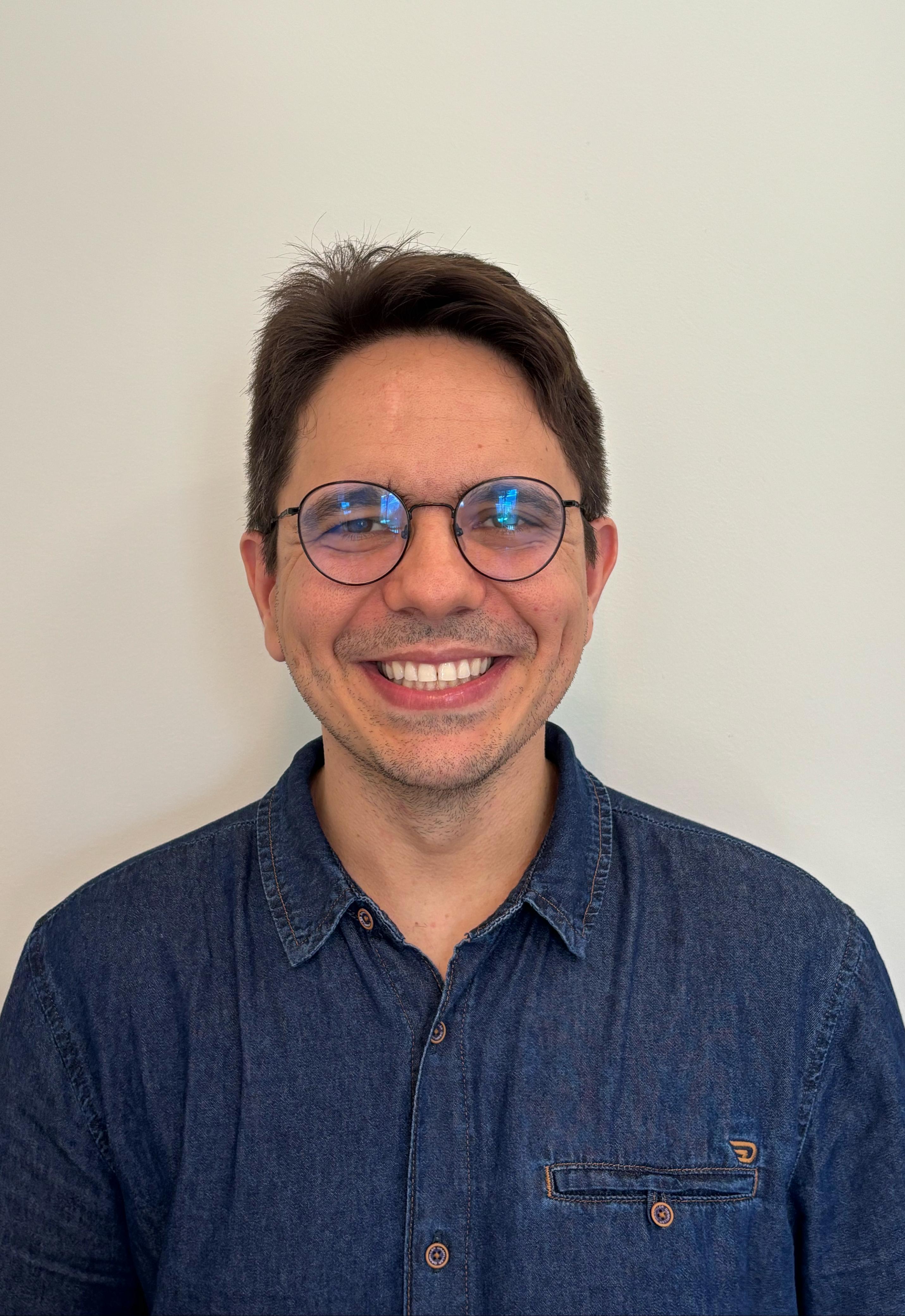
Ulisses Levy Silvério dos Reis
Ulisses Levy Silvério dos Reis. Professor of Constitutional Law and Electoral Law at the Federal Rural University of the Semi-Arid (UFERSA), where he also serves as a permanent faculty member in the Graduate Program in Law. He holds a Ph.D. in Constitutional Law from the Federal University of Ceará (PPGD/UFC). His academic interests focus on empirical assessments of the functioning of judicial courts. His research explores the implementation of fundamental rights and its implications for republican institutions and civil society.